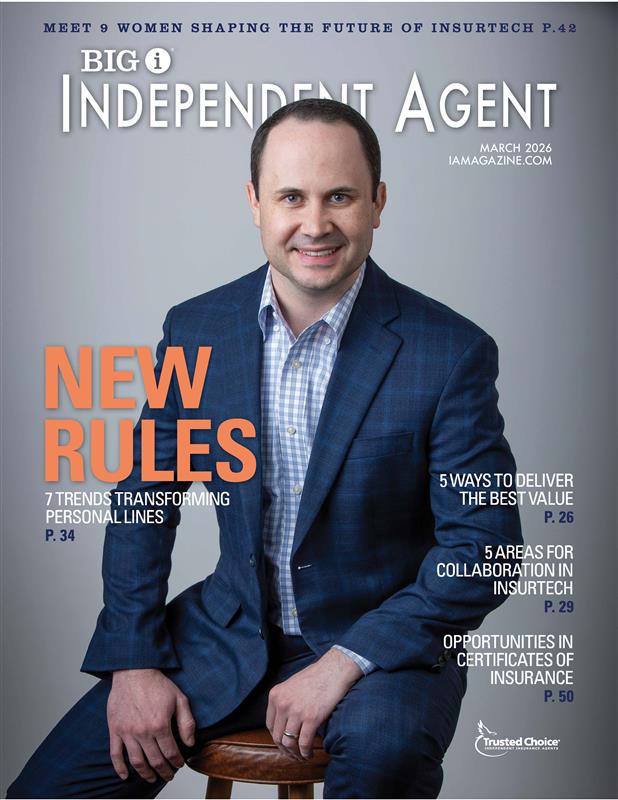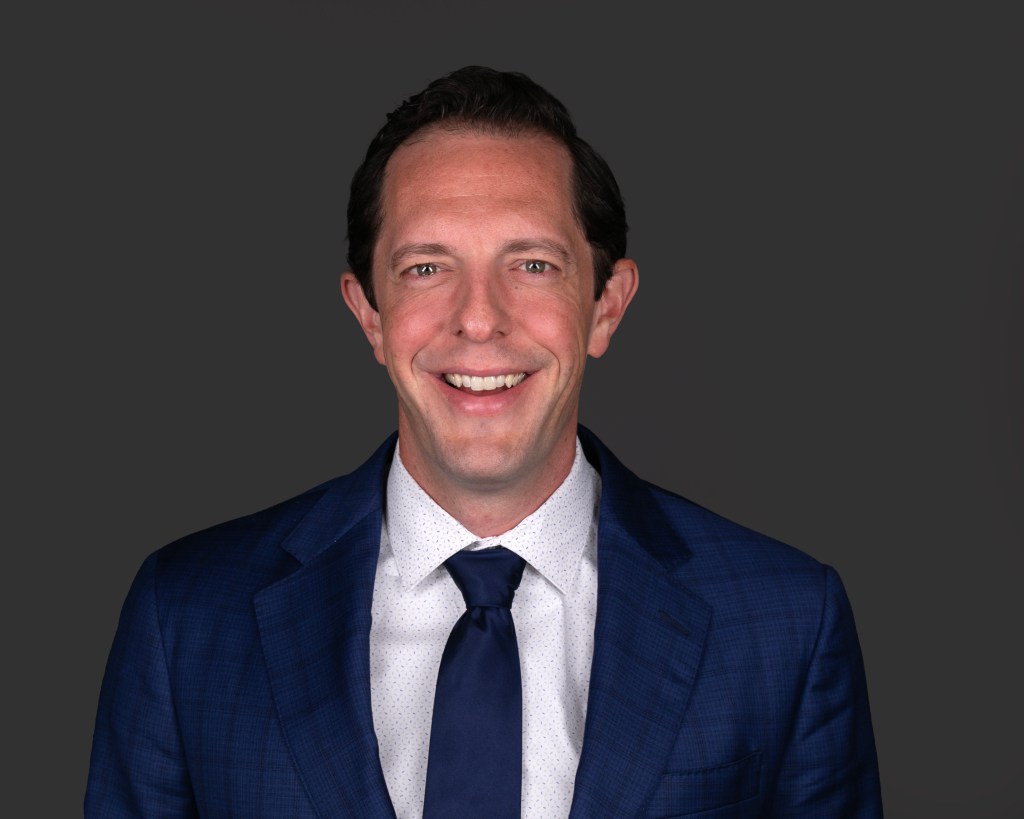How Small Agencies Can Get into the Small Commercial Game

By: Philip Charles-Pierre
“It’s too complicated to quote niche businesses.”
“Quoting is too time consuming.”
“It’s not worth the effort.”
These are just some of the challenges small independent agencies have cited when asked about expanding their business in small commercial insurance.
On paper, small commercial looks like a lucrative opportunity. It’s often hailed as the great untapped market that is consistently growing. But for many agents, faced with cumbersome, antiquated systems to get pricing and process new policies, the squeeze is not worth the juice— especially if that agency only has a few producers.
Small agency principals should change their thinking, fast.
First, the opportunity is getting bigger, not smaller. The definition of small commercial is expanding. When I first started in the industry, most considered small commercial to be limited to premiums of $25,000 or less. But that top line is rising. In the fourth quarter alone, our company saw new commercial business quotes range from $500 to $60,000 per year.
Carriers are also expanding as they open up their small business portals to businesses that have as much as $5 million in revenue when it used to be capped at $1 million.
Small business commercial has the potential to be lucrative for independent agencies. There are more than 30 million small businesses in the United States. And those business owners want and need the personal support that agents offer to navigate the complex process required to protect their businesses from today’s risks.
Most small business owners also want to turn to a single agent for all of their insurance needs, which may open the door to additional business opportunities, including personal lines coverage.
Historically, quoting small commercial was tedious and time consuming. Agents had to input the same information into multiple platforms in order to get quotes from different carriers. If a prospect had a specialized business, such as a power washing contractor, some carriers would not have the correct mechanisms to accurately provide pricing for the niche offering.
But that’s also changing. Technology and data analytics are shifting the playing field and making servicing small commercial clients simpler and more efficient. New tools are speeding up the quoting process–enabling agents to only input the information once. Carriers have also made updates to their internal systems to efficiently handle more complicated risks, including buying data to help streamline the questions to ask.
The future of small commercial lines will be less about the premium size and more about the ability for an agent to automatically get a quote from a carrier without much interaction with an underwriter. The foundation has been laid for small agencies to jump in and begin taking advantage of the market opportunity.
Here are three ways small independent agencies can capitalize on small commercial lines quickly:
1) Take the time to understand your prospect’s business. The growth of small business has brought many new business ideas, including new categories and services that wouldn’t have been imagined even five years ago.
Many of these businesses have unique operations and risk categories. As agents quote more and more small commercial, they will come across a variety of operations they have never encountered before, which are all insurance opportunities. But with technology, it’s easier than ever before to quote and service these businesses.
When that shop that sells only balloons or a membership-only hair salon calls your agency, taking the time to understand the risk can pay off exponentially, because it may be a new trend that you can become the expert in.
2) Keep up to date with tools and carrier offerings. There are tools readily available that will allow you to submit a single form to multiple carriers and provide you a quote in minutes, compare coverage options and provide the best offerings to your client.
These services will continue to evolve, making the quoting and binding process simpler and more efficient. Keep on top of the latest software updates to ensure you are getting the most out of the technology.
Monitor carrier developments that could lead to new business. A carrier that you have not worked with before might offer a product for a specific niche industry—such as craft breweries—that represents a new opportunity for you. Or, one of your current carrier partners might have expanded their offerings, giving you a new product to sell. Carriers are starting to move a little faster, so what you thought was their risk appetite yesterday may be completely different today.
3) Provide support to your team. The automated solutions available today, such as quoting platforms, give agents the power to expand to small commercial opportunities at the larger end of the scale.
For example, we recently worked with an agency owner that is beginning to bucket premiums over $50,000 into small commercial. The same small commercial team that also handles lower premiums is now servicing these bigger deals.
It’s also important that your producers and customer service representatives are prepared to use the new tools and processes. Make sure they have adequate training on the tools. Let them know that this new endeavor will not exponentially increase their workload, but that the solution makes each client interaction more efficient, giving them more time to service their client needs.
With the right tools for efficient quoting and policy processing, along with good planning, training and support, small commercial can be an excellent growth strategy for every small agency.
Philip Charles-Pierre is CEO of Semsee, an InsurTech company that provides automated small commercial quoting solutions for agents.










